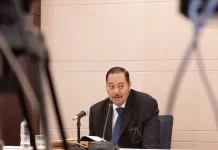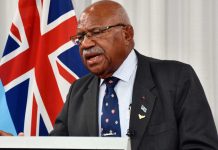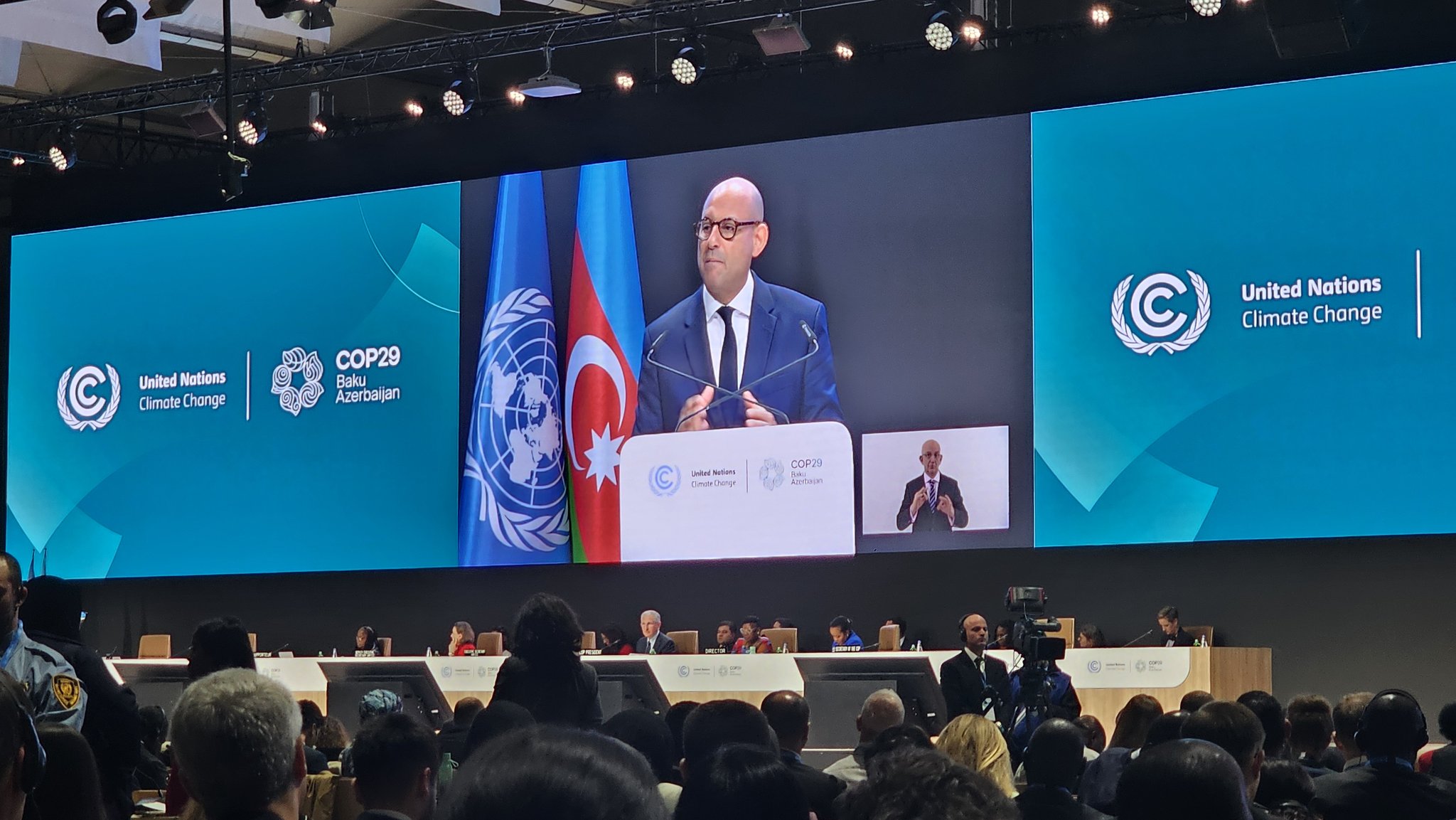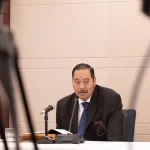At the opening of COP29 in Baku, Azerbaijan, UN Climate Change Executive Secretary Simon Stiell called on global leaders to intensify their efforts in combating climate change, urging decisive action on climate finance, resilience, and international cooperation.
Stiell made a stark appeal to the COP29 conference, emphasising that the time for incremental progress has passed.
“Show determination and ingenuity here at COP29 – we need all parties to push for agreement right from the start. To stand and deliver.”
Highlighting the severe human impact of climate change, Stiell shared a personal story of his 85-year-old neighbour Florence, whose home in Carriacou, Grenada, was destroyed by Hurricane Beryl.
“At 85, Florence has become one of the millions of victims of runaway climate change this year alone,” he said, adding that people like her around the world are “knocked down, and getting back up again.”
Stiell used her resilience as a rallying call to underscore the urgent need for global cooperation in the face of increasing climate threats.
Stiell also made clear that COP29 represents a critical opportunity to set a new climate finance goal that would empower developing nations to accelerate emissions reductions.
He dismissed the idea that climate finance is an act of charity.
“An ambitious new climate finance goal is entirely in the self-interest of every single nation, including the largest and wealthiest,” he stressed.
Stiell highlighted that without adequate funding, the world’s most vulnerable nations face a “brutal price,” one that will eventually reverberate across global supply chains and economies.
He argued that a robust climate finance commitment is essential not only for environmental stability but also for global economic security.
“If nations can’t build resilience into supply chains, the entire global economy will be brought to its knees. No country is immune.”
Stiell also called for urgent action on carbon markets, pushing for the completion of Article 6, a provision in the Paris Agreement that would create a regulated global carbon market. A functional carbon market, he explained, is critical for nations to achieve their emissions reduction targets cost-effectively.
“Here in Baku, we must get international carbon markets up and running by finalising Article 6,” he said, noting that the lack of progress on this issue has stymied global efforts to drive down emissions efficiently.
“We mustn’t let 1.5 [degrees Celsius] slip out of reach,” he cautioned, stressing that maintaining this goal requires coordinated action and commitment from all nations.
Another priority on the COP29 agenda, Stiell emphasised, is agreeing on measurable adaptation targets.
He argued that without clear targets, it’s impossible to gauge progress or understand the resilience gaps that remain.
“You can’t manage what you don’t measure,” he stated. The upcoming Biennial Transparency Reports, due this year, are expected to provide key insights into each country’s climate action progress, highlighting both achievements and areas that need urgent attention.
Stiell also highlighted the increasing momentum of clean-energy investments worldwide, with 2024 projections reaching US$2 trillion, almost double the amount expected in fossil fuel investments.
This shift, he said, is proof that the world is heading toward a clean-energy future—though not quickly enough to avert severe climate impacts.
“The shift to clean-energy and climate-resilience will not be stopped. Our job is to accelerate this and make sure its huge benefits are shared by all countries and all people,” he urged, calling for leaders to actively foster equitable transitions that don’t leave developing nations behind.
The UNFCCC Secretariat, he noted, is working to support countries by launching a Climate Plan Campaign that will mobilise actions from various stakeholders and align with the UN Secretary-General’s and Brazil’s upcoming COP30 presidency goals.
Additionally, Climate Weeks will resume in 2025, integrating more closely with the UN’s climate process to build momentum for change year-round. The goal, Stiell stressed, is to help countries develop, update, and meet their Nationally Determined Contributions (NDCs) – the individual climate action plans they submit to the UN – with a level of ambition that reflects the growing climate crisis.
Stiell also emphasised the importance of a safe, inclusive, and transparent COP29 process, ensuring that all observers and stakeholders have meaningful opportunities to participate.
He reminded delegates that the current climate governance system, built over decades, is humanity’s best mechanism for responding to the climate emergency.
“This UNFCCC process is the only place we have to address the rampant climate crisis and to credibly hold each other to account to act on it.” He pointed out that without the UN climate framework, the world would be on a path toward five degrees of warming—a trajectory that would bring devastating consequences.
Stiell called on all countries to remember the gravity of this moment.
“In the past few years, we’ve taken some historic steps forward. We cannot leave Baku without a substantial outcome. Appreciating the importance of this moment, Parties must act accordingly,” he said, urging world leaders to approach COP29 with a sense of shared responsibility and resolve.
In a final plea for cooperation, Stiell drew a line between past achievements and the present challenge, calling for urgent, concrete action over mere pledges and ambitions.
“Now it is the time to show that global cooperation is not down for the count. So I urge you all, let us rise together.”
COP29, he emphasised, is a defining moment to secure a more sustainable and resilient future for all.














